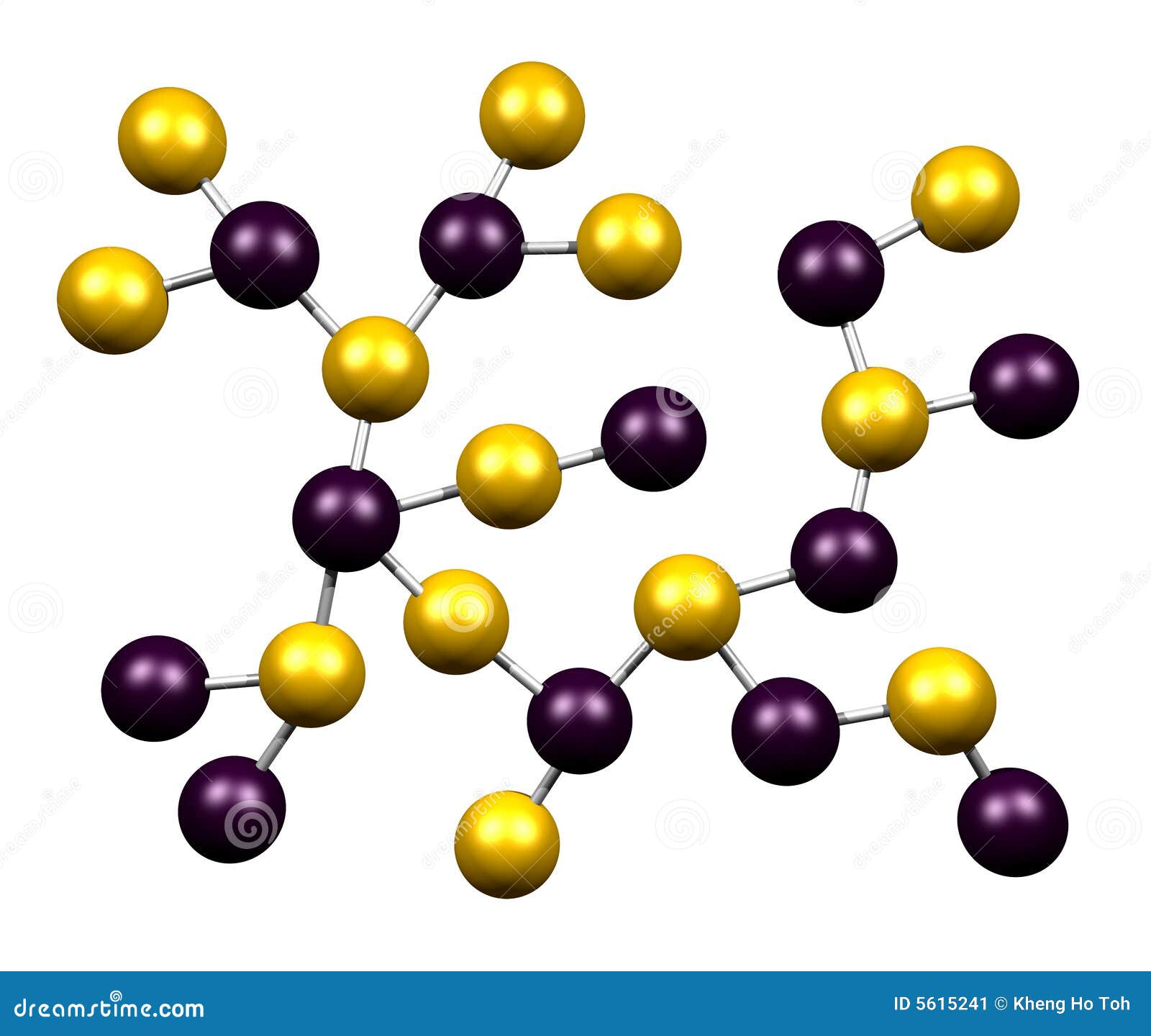40 vector biology definition
definition of biological vector by The Free ... - The Free Dictionary vector (redirected from biological vector) Also found in: Thesaurus, Medical, Encyclopedia. vec·tor (vĕk′tər) n. 1. Mathematics a. A quantity, such as velocity, completely specified by a magnitude and a direction. b. A one-dimensional array. c. An element of a vector space. 2. Vectors- characteristics, classification, features, types Vectors- characteristics, classification, features, types May 5, 2020 by Editors Vectors are DNA molecules that are used as a vehicle to carry foreign DNA fragments into other cells where they can replicate and/or express. Among these most commonly used vector is a plasmid. Characteristics of vectors:
Vector (biology) Facts for Kids | KidzSearch.com A vector in biology is an animal on or in which a small living thing gets transported. The vector gets no benefit and sometimes loses fitness by the arrangement. The term is most used for the transport of parasites and agents of infection or disease. So, deadly diseases, such as malaria and dengue fever, are carried by some mosquitoes .

Vector biology definition
Vectors Used in Genetic Engineering | Biotechnology Vectors are those DNA molecules that can carry a foreign DNA fragment when inserted into it. A vector must possess certain minimum qualifications to be an efficient agent for the transfer, maintenance and amplification of the passenger DNA. 1. The vector should be small and easy to isolate. ADVERTISEMENTS: 2. Vector Biology - National Institute of Allergy and Infectious Diseases Vectors, including insects and ticks, are capable of transmitting infectious disease pathogens among humans or between animals and humans. Diseases spread by vectors such as mosquitoes are a serious public health problem, affecting nearly half of the world's population, according to the World Health Organization (WHO). Cloning Vectors- Definition, Characteristics, Types, Uses Vectors have been developed and adapted for a wide range of uses. Two primary uses are: (1) to isolate, identify, and archive fragments of a larger genome. (2) to selectively express proteins encoded by specific genes. Vectors were the first DNA tools used in genetic engineering, and continue to be cornerstones of the technology.
Vector biology definition. Biological vector | definition of biological vector by Medical dictionary vector. [ vek´tor] 1. a carrier, especially the animal (usually an arthropod) that transfers an infective agent from one host to another. Examples are the mosquito that carries the malaria parasite Plasmodium between humans, and the tsetse fly that carries trypanosomes from other animals to humans. biologydictionary.net › geneGene - Definition and Examples | Biology Dictionary Oct 27, 2020 · Definition A gene is an extremely specific sequence of nucleotide monomers that has the ability to completely or partially control the expression of one or more traits in every type of living organism . Vector-borne diseases | EFSA A vector is a living organism that transmits an infectious agent from an infected animal to a human or another animal. Vectors are frequently arthropods, such as mosquitoes, ticks, flies, fleas and lice. Vectors can transmit infectious diseases either actively or passively: Vector Definition in Science - ThoughtCo In the biological sciences, the term vector refers to an organism that transmits a disease, parasite, or genetic information from one species to another. Examples: Mosquitoes are a vector of malaria. A virus may be used as a vector to insert genes into a bacterial cell. Cite this Article
Vector (biology) - ScienceDaily Traditionally in medicine, a vector is an organism that does not cause disease itself but which spreads infection by conveying pathogens from one host to another. Species of mosquito, for example,... What is a Vector in Maths? (Definition, and Components) A vector quantity, unlike scalar, has a direction component along with the magnitude which helps to determine the position of one point relative to the other. Learn more about vectors here. In maths, a vector is a quantity that not only describes the magnitude but also describes the movement of an object or the position of an object with ... What Is a Vector? - Definition & Types - Study.com A vector is a quantity that has both magnitude (numerical size) and direction. This is the opposite of a scalar, which is a quantity that only has magnitude and no direction. Speed is a scalar ... Vector (molecular biology) - Wikipedia In molecular cloning, a vector is any particle used as a vehicle to artificially carry a foreign nucleic sequence - usually DNA - into another cell, where it can be replicated and/or expressed. A vector containing foreign DNA is termed recombinant DNA. The four major types of vectors are plasmids, viral vectors, cosmids, and artificial chromosomes. Of these, the most commonly used vectors are plasmids. Common to all engineered vectors have an origin of replication, a multicloning site ...
Vector (biology) | definition of Vector (biology) by Medical dictionary vector. [ vek´tor] 1. a carrier, especially the animal (usually an arthropod) that transfers an infective agent from one host to another. Examples are the mosquito that carries the malaria parasite Plasmodium between humans, and the tsetse fly that carries trypanosomes from other animals to humans. What is a vector? | Philosophical Transactions of the Royal Society B ... This definition covers many key points fundamental to vector biology: contact (feeding) occurs more than once during a micropredator's lifetime (otherwise, it has no opportunity to transmit a pathogen between hosts) and contact improves the fitness of the feeding vector (micropredator) while reducing the fitness of the 'other' host ... Vector- Definition, Features, Types, Examples, Applications, Limitations A vector is a substance, usually a piece of DNA that carries a sequence of DNA or other genetic material and introduces it into a new cell. Vectors act as vehicles to transfer genetic material from one cell to the other for different purposes like multiplying, expressing, or isolation. Vectors are used as a tool in molecular cloning procedures so ... Vector Definition & Meaning | Britannica Dictionary Britannica Dictionary definition of VECTOR. [count] 1. mathematics : a quantity (such as velocity) that has size and direction. 2. technical : the course or direction of an airplane. 3. biology : an insect, animal, etc., that carries germs that cause disease. a mosquito that is the principal vector of yellow fever.
vector | Definition from the Biology topic | Biology vector. vec‧tor /ˈvektə $ -ər/ noun [ countable] technical 1. HM. a quantity such as force that has a direction as well as size 2 an insect or animal that passes disease from one person to another SYN carrier Mosquitoes are feared as vectors of malaria. 3 in biology, an animal or human cell that is used to carry DNA from one cell to ...
Vector Definition & Meaning - Merriam-Webster Kids Definition of vector : a living thing (as a mosquito, fly, or tick) that carries and passes on a disease-causing microorganism vector noun vec· tor | \ ˈvek-tər \ Medical Definition of vector (Entry 1 of 2)
Biologic vector - definition of biologic vector by The Free Dictionary Define biologic vector. biologic vector synonyms, biologic vector pronunciation, biologic vector translation, English dictionary definition of biologic vector. ... biologic vector; biological; biological agent; biological ammunition; biological attack; biological clock; biological computing; biological control; biological defence;
Transmission of Diseases by Vectors | Parasitology 1. Biological vectors are those carrier organisms (invertebrate animals) in which the parasites (disease agents) increase their numbers by multiplication or transformation inside the body of the carrier-organisms. For example, female Anopheles mosquito is regarded as the biological vector of Plasmodium sp. (malarial parasite). 2. Mechanical ...
en.wikipedia.org › wiki › Cloning_vectorCloning vector - Wikipedia A cloning vector is a small piece of DNA that can be stably maintained in an organism, and into which a foreign DNA fragment can be inserted for cloning purposes. The cloning vector may be DNA taken from a virus, the cell of a higher organism, or it may be the plasmid of a bacterium.
byjus.com › physics › electrical-forceElectrical Force - Definition, Diagram, Examples, Coulomb's Law The analysis begins by the construction of a free body image wherein the direction and type of the individual forces are shown by the vector to calculate the resultant sum which is called the net force that can be applied to determine the body’s acceleration. What does the size of the electric force depend on?
Vector - Wikipedia Vector (molecular biology), a DNA molecule used as a vehicle to artificially carry foreign genetic material into another cell Cloning vector, a small piece of DNA into which a foreign DNA fragment can be inserted for cloning purposes Shuttle vector, a plasmid constructed so that it can propagate in two different host species
What is a vector? - PMC One of the broadest definitions defines a vector as any organism (vertebrate or invertebrate) that functions as a carrier of an infectious agent between organisms of a different species [ 19 ].
Vector - Genome.gov A vector, as related to molecular biology, is a DNA molecule (often plasmid or virus) that is used as a vehicle to carry a particular DNA segment into a host cell as part of a cloning or recombinant DNA technique. The vector typically assists in replicating and/or expressing the inserted DNA sequence inside the host cell.






Post a Comment for "40 vector biology definition"